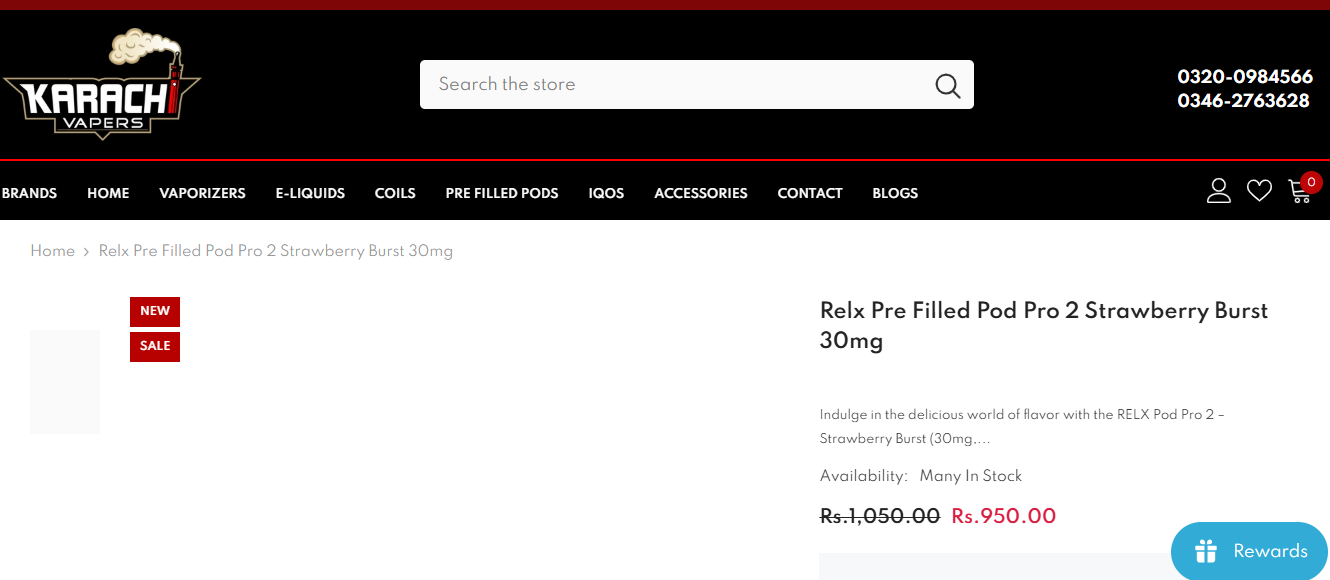What Is Hydraulic Oil?
Hydraulic oil, a vital component in hydraulic systems, is a specific type of fluid used to transfer power within hydraulic machinery. Its primary function is to convey power while simultaneously reducing wear, rust, and foam in hydraulic systems. Typically composed of a base oil (either mineral-based or synthetic) blended with additives, hydraulic oil serves as a medium to effectively transmit energy within a system, ensuring smooth operation.
The oil’s properties, such as viscosity, thermal stability, and lubricity, are crucial for optimizing the performance and longevity of hydraulic equipment. A well-chosen hydraulic oil facilitates the efficient transfer of power, allowing machinery components to function seamlessly under various pressure and temperature conditions. Beyond power transmission, hydraulic oil also plays a crucial role in lubrication, reducing friction between moving parts, thereby enhancing the equipment’s overall efficiency and durability.
It also serves to dissipate heat, thereby preventing overheating and subsequent potential damage to the system components. Additionally, hydraulic oil can protect against corrosion and oxidation, which, if uncontrolled, can lead to machinery breakdowns. Therefore, the selection of suitable hydraulic oil is paramount in ensuring the reliability and performance of hydraulic systems across various applications, including industrial machinery, mobile equipment, aviation, and more.
Types Of Hydraulic System Oil
Hydraulic system oils are essential fluids that play a critical role in the efficient operation of hydraulic systems. They serve as the medium through which power is transferred within these systems, acting to lubricate components, dissipate heat, and protect against wear and corrosion. The types of hydraulic system oil vary primarily based on their base oils and additive formulations, each designed to meet specific performance requirements and operating conditions.
Mineral-based hydraulic oils are among the most commonly used, known for their affordability and satisfactory performance in moderate temperature ranges. However, for applications requiring enhanced performance, synthetic hydraulic oils are preferred due to their superior thermal stability, oxidative resistance, and extended service life, making them suitable for extreme temperature conditions and high-pressure systems. Biodegradable hydraulic oils are gaining popularity as environmentally friendly alternatives, particularly in environmentally sensitive areas as they offer reduced ecological impact due to their ability to break down more easily in nature.
How To Choose The Right Hydraulic Oil
Choosing the right hydraulic oil is crucial to ensuring the efficiency, longevity, and reliability of a hydraulic system. The first consideration should always be the manufacturer’s specifications. These guidelines are crafted based on the specific needs and design of the hydraulic system, ensuring optimal performance. Next, consider the operating temperature range of your hydraulic system. Different hydraulic oils have varying viscosities, which affect how they perform under different temperature conditions.
It is important to choose a hydraulic oil with a viscosity index that can effectively maintain its properties at both low and high temperatures prevalent in the system’s operating environment.
Additionally, it is vital to assess the load and pressure conditions the system will frequently experience. Oils that are formulated to handle high-pressure scenarios with enhanced anti-wear properties are preferable for such conditions. Another essential factor is the potential for water contamination, as it can severely impact operation. Hydraulic oils with superior demulsibility properties can effectively separate water from oil, maintaining system integrity.
Factors To Consider When Choosing Hydraulic Oil
When selecting hydraulic oil, several factors must be considered to ensure optimal performance and longevity of the hydraulic system. One key factor is the viscosity of the oil, which directly affects the efficiency and operation of the hydraulic components. The viscosity needs to match the system’s temperature range to maintain appropriate fluid flow and provide adequate lubrication. Another crucial element is the oil’s compatibility with system materials.
Ensuring that the chosen hydraulic oil does not corrode or degrade seals, hoses, or metal surfaces is vital to preventing damage and maintaining operational integrity.
Additionally, the presence of additives in hydraulic oil plays a significant role in system performance. Additives such as anti-wear agents, rust inhibitors, and oxidation stabilizers help prolong the life of the hydraulic system by reducing wear, preventing corrosion, and maintaining oil stability under varying conditions. The operating environment should also be taken into account. In conditions where equipment is exposed to extreme temperatures or contaminants, choosing an oil with specific additives to counteract these challenges is essential.
Uses Of Hydraulic Oil
Hydraulic oil serves as the lifeblood of hydraulic systems, playing a critical role in a wide range of applications due to its ability to transmit power efficiently and lubricate system components. One of its primary uses is in industrial machinery, such as presses and lifts, where consistent pressure and smooth operation are crucial. In construction equipment, like excavators and bulldozers, hydraulic oil enables the powerful movements of arms and blades, facilitating heavy lifting and precise control in demanding environments.
The transportation sector also relies heavily on hydraulic oil—vehicles such as forklifts, cranes, and other material-handling equipment utilize hydraulic systems for functions such as steering and braking, where dependability and responsiveness are paramount.
Benefits Of Hydraulic Oil
Hydraulic oil plays a pivotal role in ensuring the efficient operation and longevity of hydraulic systems. Its primary benefit lies in its ability to reduce friction between moving parts, thus facilitating smooth and efficient functioning of machinery. This reduction in friction not only enhances performance but also significantly lowers the risk of wear and tear, thereby extending the lifespan of the equipment.
Furthermore, hydraulic oil acts as a coolant, dissipating the heat generated during system operation, which prevents overheating and potential damage to components. This cooling effect is crucial in maintaining optimal operating temperatures, which, in turn, preserves the integrity of hydraulic system parts and minimizes downtime caused by overheating failures.












Leave a Reply